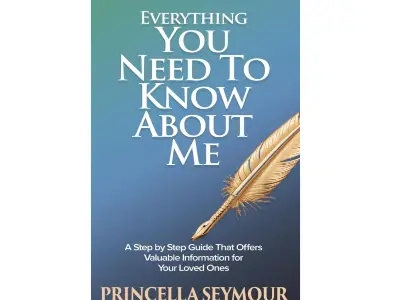

Caring for a parent with dementia is one of the most profound acts of love an adult child can offer, but it also brings some of the most emotionally challenging moments a family will ever face. Conversations about driving, medication, money management, or safety don’t happen just once. They happen repeatedly, sometimes multiple times a day, as memory loss resets the discussion again and again.
The result? Frustration, grief, exhaustion, and a growing sense that the parent-child relationship is slipping into unfamiliar territory.
But with the right strategies, families can preserve safety and dignity, while strengthening the relationship that matters most.
Below, I share the most common sources of conflict and expert-backed strategies to help caregivers communicate calmly, compassionately, and effectively.
The Most Common Conflicts: Why Tension Happens
One of the biggest challenges caregivers face is trying to reason with a loved one who can no longer process information as they once did. A parent with dementia may forget that they are no longer supposed to drive, manage finances, or take medications on their own.
To them, life feels normal.
To their adult children, the risks are overwhelming.
The cycle of repeating the same conversations can be deeply discouraging. Beneath the frustration is love, but also fear, grief, and the pressure of keeping a parent safe while watching abilities slip away.
How to Protect Safety While Preserving Dignity
Approaching difficult conversations requires compassion and intentionality:
- Choose calm moments - not times of tiredness or distress
- Use simple, clear language and break topics into small pieces
- Focus on dignity and independence wherever possible
- Practice active listening and involve your parent in decisions
- When possible, bring in a trusted physician to reinforce safety recommendations
When caregivers shift the goal from “convincing” to “collaborating,” conversations become gentler and far more effective.
What to Do When a Parent Forgets the Conversation
Your response depends on their emotional state:
- If calm: Re-explain the topic using simple terms.
- If anxious or confused: Redirect to a soothing topic and revisit later.
- If distressed: Pause the discussion entirely. Stress will only escalate the situation.
This flexibility helps families avoid conflict while still addressing essential safety needs.
Tone Shifts That Reduce Agitation
Your parent will feel your energy before your words. The fastest way to reduce defensiveness is to regulate your own tone and body language:
- Speak slowly and gently
- Maintain a relaxed posture
- Avoid arguing
- Offer physical reassurance, like holding a hand
- Stick to objective facts rather than emotional reactions
Calm, steady communication is one of the most powerful tools caregivers have.
Setting Boundaries Without Guilt
Caregiving requires emotional stamina. Repeating the same painful conversations takes a toll, so caregivers must protect their own well-being:
- Build a consistent schedule for heavy conversations
- Step away when overwhelmed
- Practice regular self-care: meditation, movement, rest
- Normalize asking for help
- Set limits compassionately but firmly
A regulated caregiver is a safer, more present caregiver.
Preserving the Relationship as Roles Shift
Dementia reshapes the parent-child dynamic, but the relationship is not lost. It simply changes.
Families can nurture connection through:
- Music, memories, and photo albums
- Shared routines
- Simple language and gentle conversation
- Avoiding reminders of memory loss or mistakes
- Focusing on who your loved one is today
What matters most is the bond built over a lifetime. That connection remains, even when memory fades.
And always remember: acknowledging your limitations is not failure. It is love. Caring for yourself allows you to continue caring for them.
About the Author
Princella Seymour is the Founder and CEO of Complete Elder Solutions and a nationally recognized expert in elder care with more than 30 years of experience supporting aging adults and their families. A former Vice President of the National Association of Social Workers and member of the Aging Life Care Association, she is dedicated to helping families navigate dementia, long-term care planning, and the emotional challenges of caregiving. Princella is also the author of Everything You Need to Know About Me, a guided resource designed to help families honor their loved one’s wishes with clarity and dignity. Through her work, she has empowered thousands of families to access compassionate, informed care and ensures no one has to face aging alone.







Comments
Post a Comment